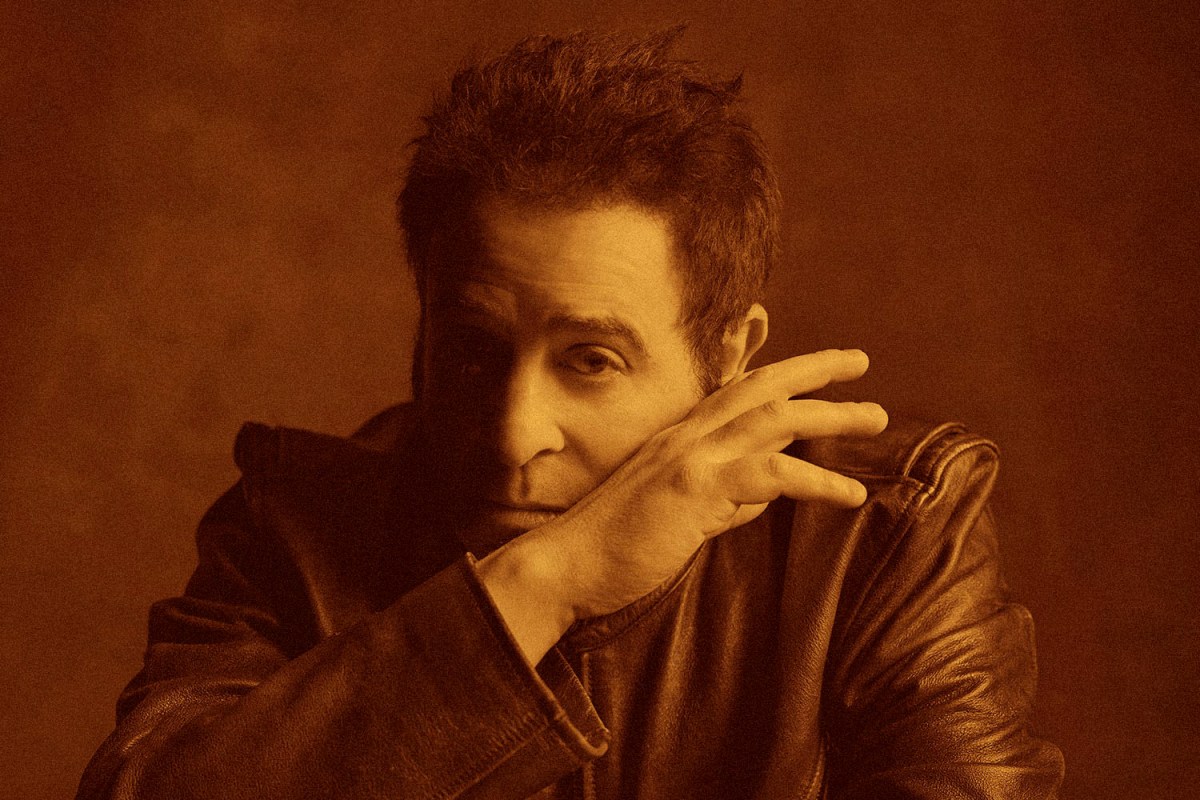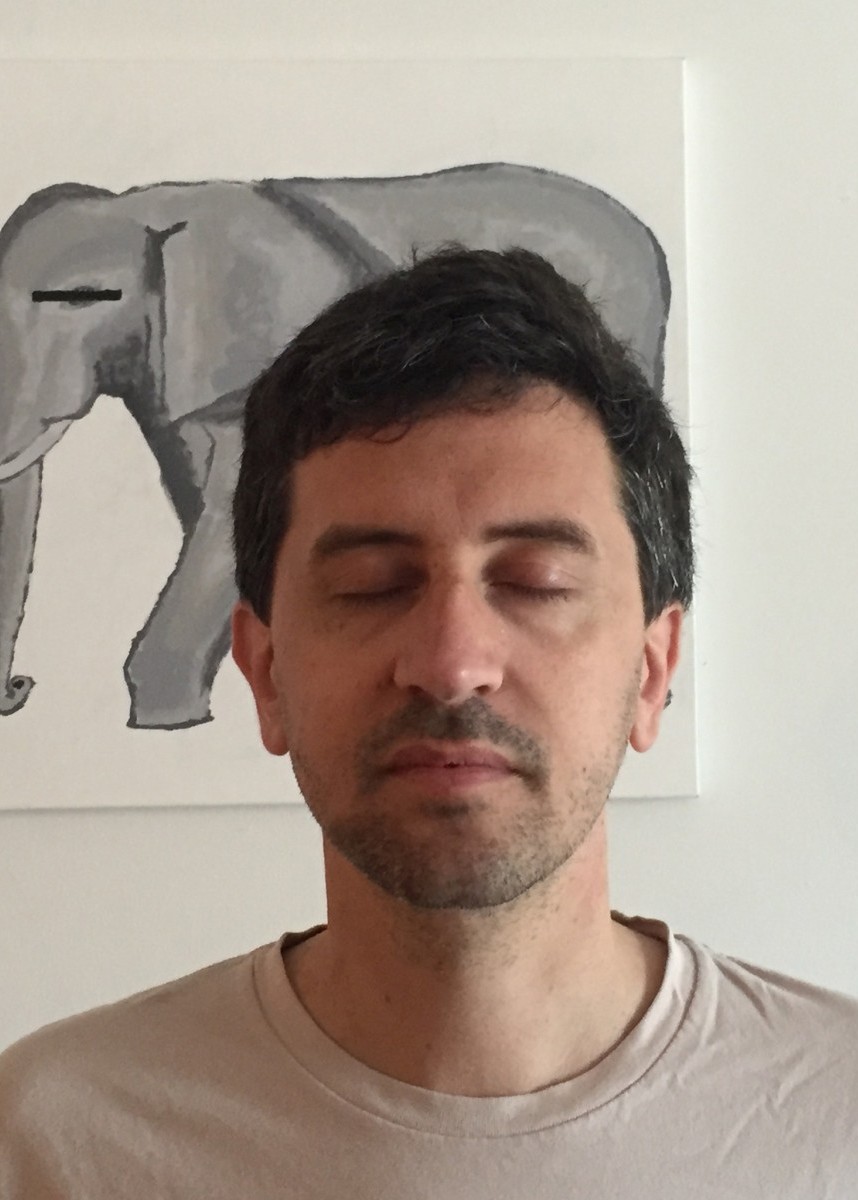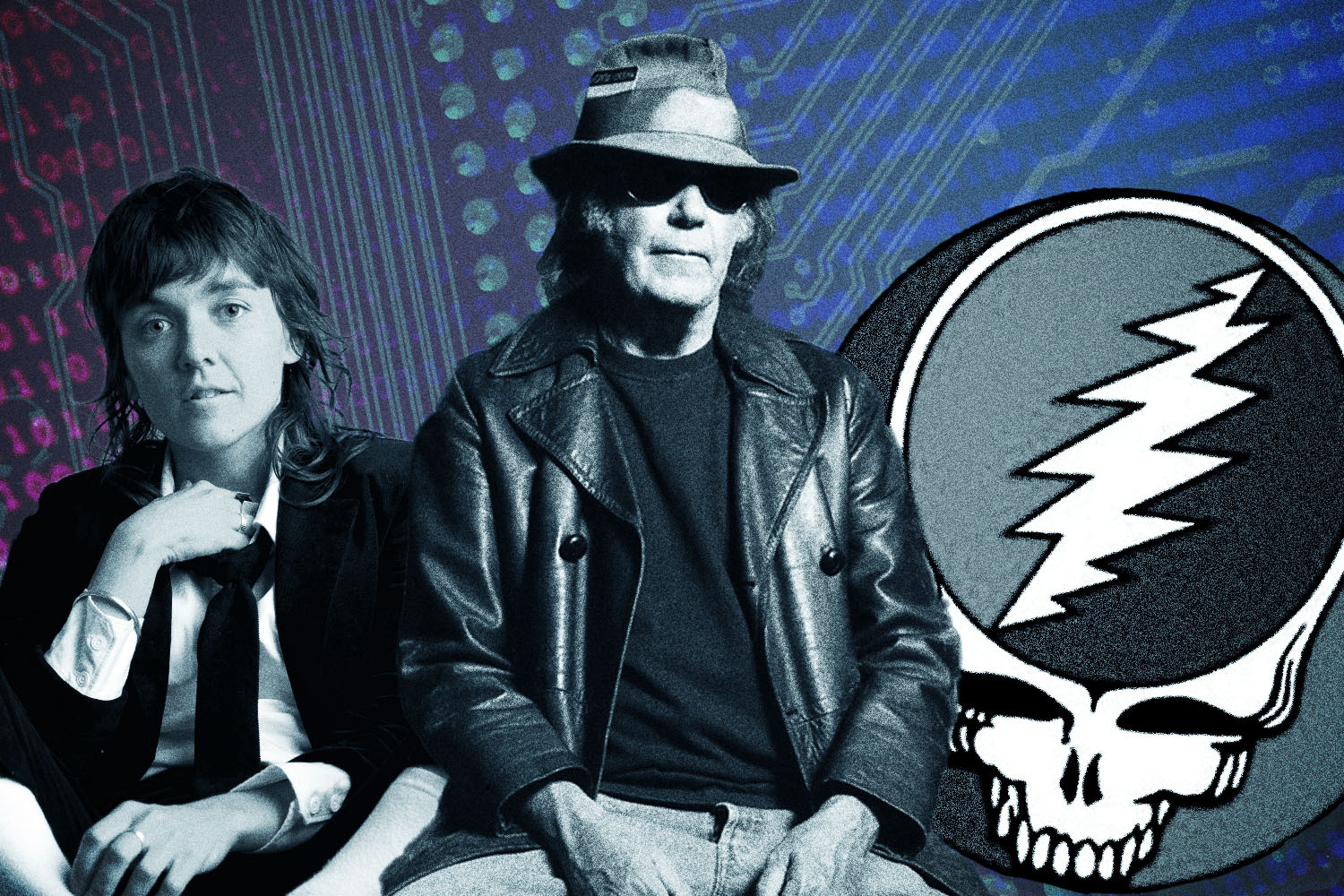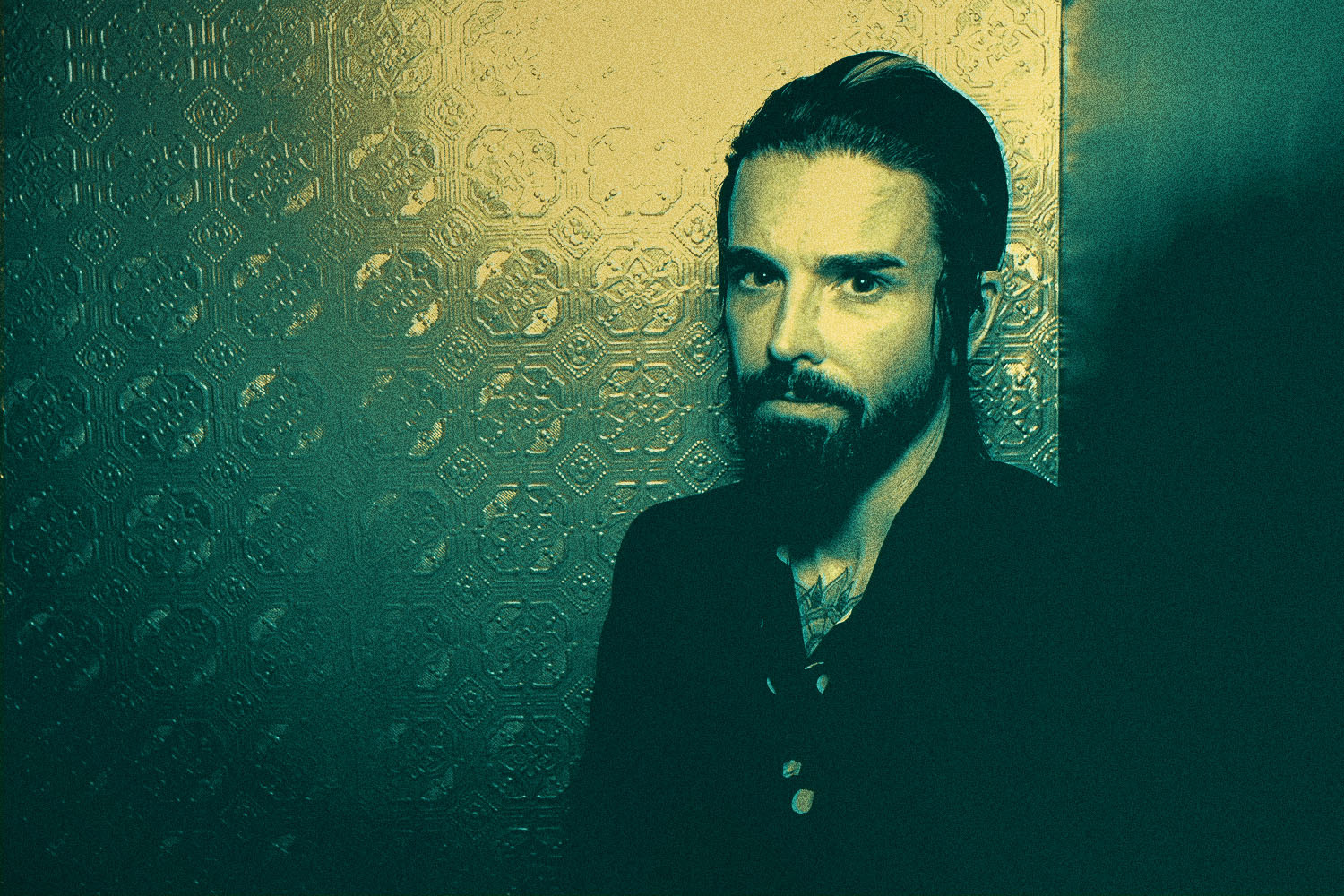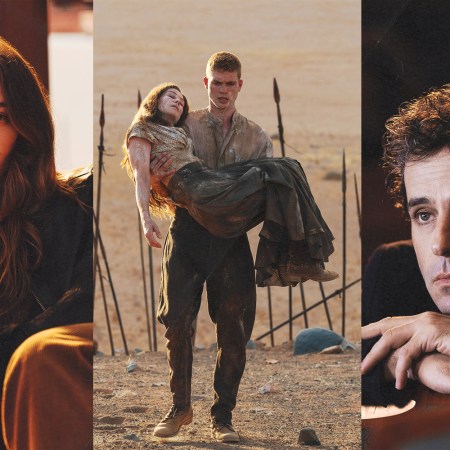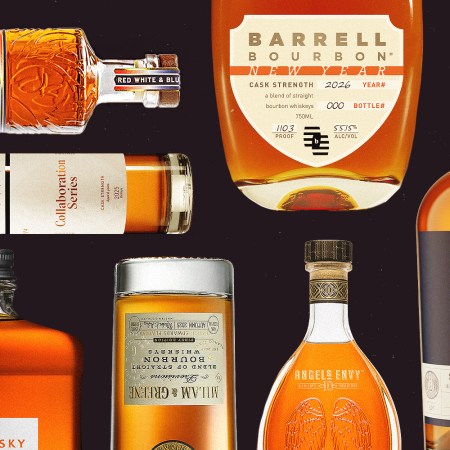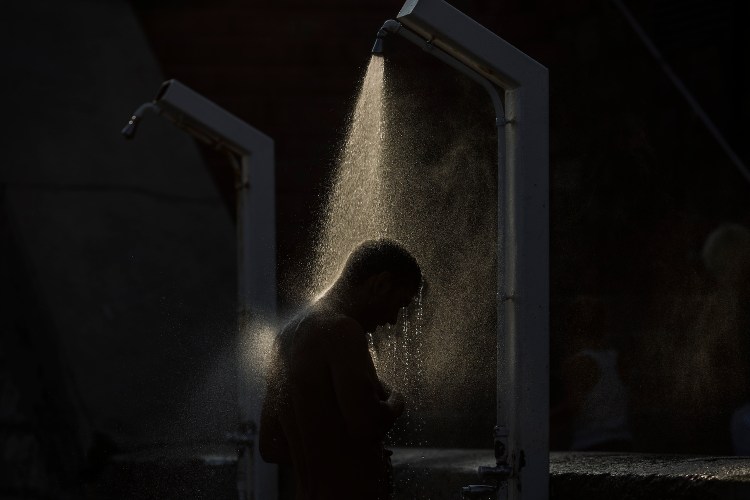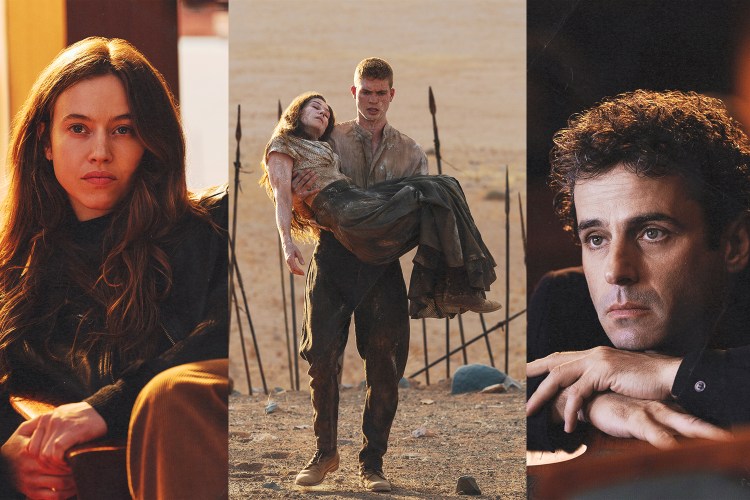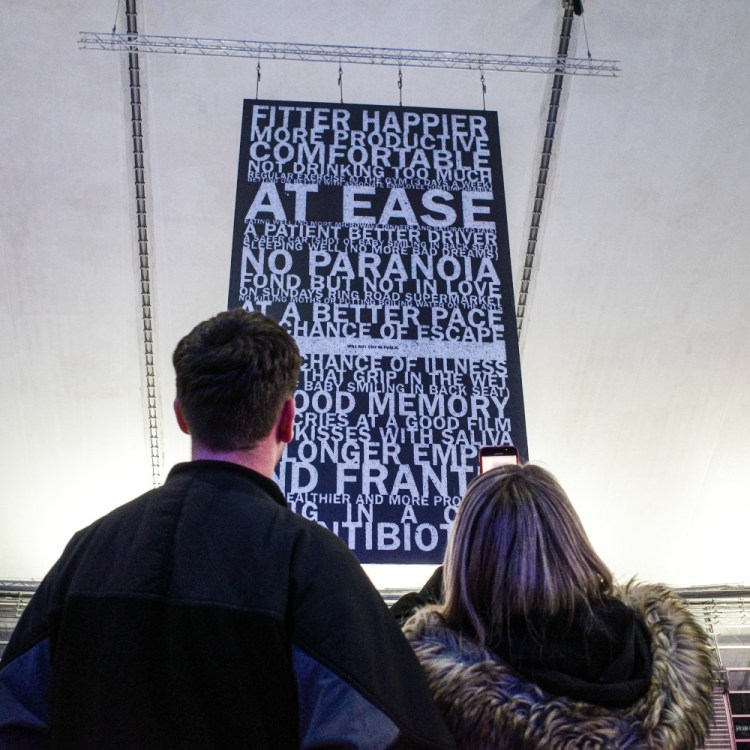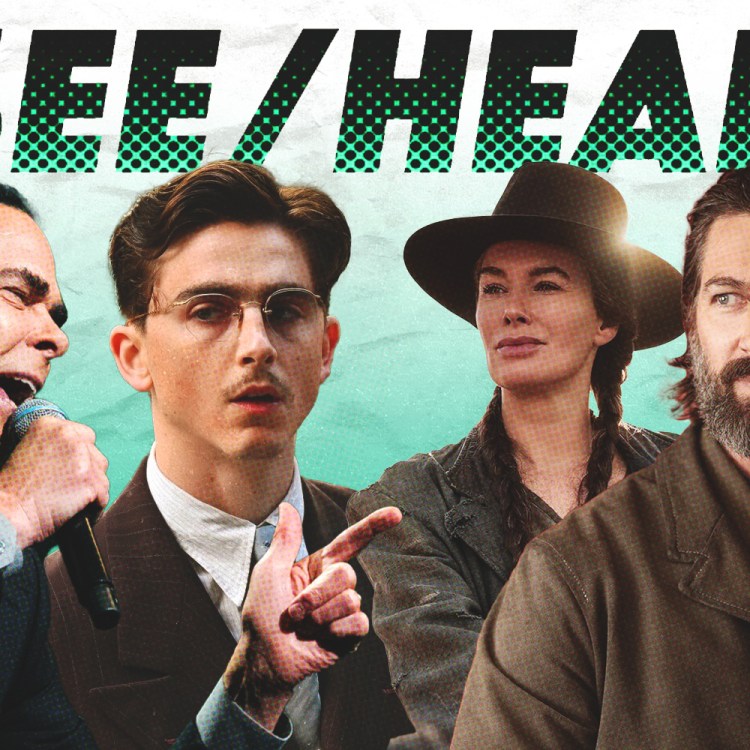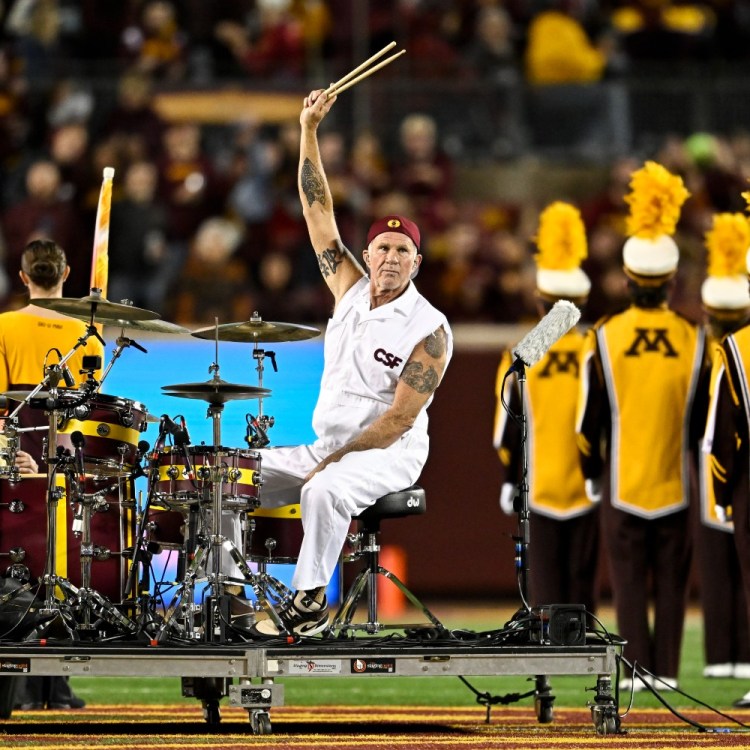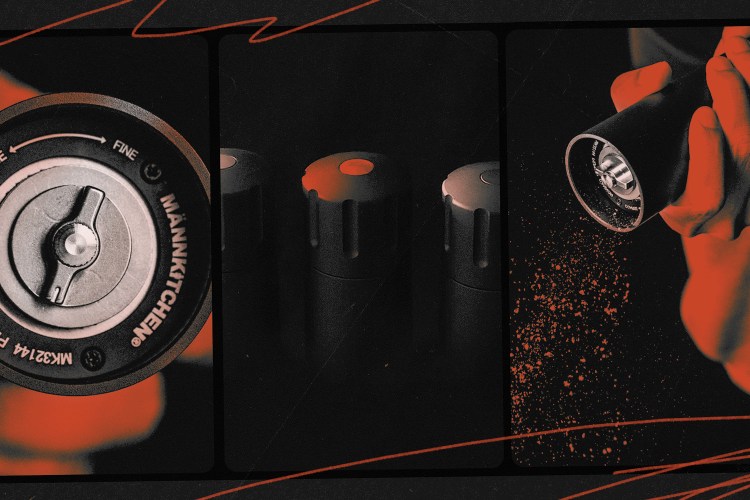Though he’s only been open about it to the public since 2008, for almost all of his life Counting Crows frontman Adam Duritz has lived with a dissociative disorder, a mental illness that affects one’s perception of the world around him. “It makes you look at your life from a distance,” says Duritz from his longtime home in Greenwich Village. “You’re sitting in the back of your head looking out through two holes in your skull. It can often feel like the life in front of you — instead of just being a room in front of you — is a movie of the room being projected on your eyes.”
One of the unfortunate artifacts of the dissociation is that Duritz can’t always retain things very well. “I forget how to play piano,” he confesses. “I’ve never become a great piano player at all, and part of that is because I have to teach myself all over again every time I start up again because I cannot play at all. I can’t remember how to do it. There’s no facility there.”
Such was the case in August of 2019 when Duritz took a trip to a friend’s remote farm located in the west of England and — inspired by the extended walks he would take through the surrounding hill, dale and forests — began work on a song called “The Tall Grass.” “I think ‘Tall Grass’ is so simple to begin with musically. It’s almost dirge-like in some ways because that’s about as much as I could play,” he admits. “As I got some facility, the latter half of the song gets much more melodic.”
“The Tall Grass” now serves as the opening track to Butter Miracle, Suite One, a new four-song EP that, as its title implies, is meant to be listened to as a single musical suite and is the first of two EPs that will eventually be combined into the Counting Crows’ first full-length album since 2014.
Ahead of Butter Miracle’s release this week, Duritz discussed Butter Miracle’s writing and connective tissue, the longevity of his career, and how memories are like trains.
Tell me about the development of these songs.
Well, they happened very quickly. I mean, I had been spending a lot of time on my friend’s farm. I don’t know, one day I just sort of wanted to play piano. I rented a keyboard and a couple days into it I wrote “The Tall Grass.” It was weird. The next day I was playing the song to myself and messing around with the ending because I wasn’t sure if I’d finished it or not. I was kind of playing the ending — it kind of goes back and forth on those two chords — singing “I don’t know why,” and I was just playing it and enjoying the way it felt and then starting saying it over another pair of chords and that felt good too. And I was just sitting there thinking “Oh, maybe the song is longer than I thought it was.” And I just sang “Bobby was a kid from round the town.” It just came into my head. And I was like, “Oh, that’s really cool.” And I thought, “Well maybe this is like ‘Palisades Park’ where it’s got a lot of movements in it,” you know? And then I thought, “No, I think this is a whole other song. What if I wrote a series of songs where the ending of one was the beginning of the next,” and that got me really excited. I’m not the most consistent writer. I’m not one of those guys who writes all the time then just picks the 10 best. I start writing, I get excited, and I want to make a record right away. Often I write a bunch of stuff in the studio — half the songs for some of these records are written in the studio, because I get really excited about writing, and then I just want to pour them out. Anyway, as soon as I had this idea for these songs segueing into each other, I was just so charged up and excited.
Aside from these lyrical or melodic connections at the end and beginning of the songs, did you find any kind of thematic through line with these songs?
I hadn’t written in a while. And there’s a part of me that was very divorced from wanting to make music and feeling like that was really important as a connection to my life for a few years, you know? So I think there’s a real thematic thing here about kind of establishing where my life’s at, and how I’m feeling about things. And you really see that in these songs. They’re very much about music. For me, music has been the central thing of my entire life from me being a small child being obsessed with it, loving it, playing it, seeking refuge in it, comfort from it, solace, joy — all the things that I got out of life I got from music, you know? More than from people, really. And then there came a point in my life where I became music. I started writing it myself and “Elevator Boots” and “Bobby and the Rat Kings,” for example, those two songs, look at my relationship with music from those two different perspectives. “Elevator Boots” is very much from the perspective of a performer, and someone whose life, people, places, love, those things are coming in and fading out of his life, but there’s always a gig the next night, and the thrill and joy in that, and everything that means something to him is in the fact that there’s another show tomorrow. That’s what that is about. And “Bobby and the Rat Kings” is very much about a guy looking at how this fictional band has provided such an emotional touchstone for all the events of his life, a soundtrack to him, much like it does for all of us. And that’s more from the perspective of a fan and how important music is to us as listeners. It’s looking at different ways of how I feel about life now, beginning with kind of a statement of where I am.
What do you tend to see when you look at where you are now and your early career and the progression of your life as a songwriter?
I don’t know. The early part of my career, it all feels very connected to me. But I’ve been in it every day. I have no relationship to the fact we’re doing this totally insane thing of being a functional, working band 30 years later. We’re still playing and writing new material that feels very vital to me, and it’s been 30 years. I remember starting the music business in the ‘90s and the Rolling Stones had lasted 30 years at that point. They started in ’62 or something like that. So when our first record comes out, they’ve been around about 30 years. And they’re pretty huge. They put out Voodoo Lounge that year, they had a tour, we opened for them. It was massive. So now it’s 30 years later. And we’re here. And I don’t know what to make of that, quite honestly. I don’t know how to relate that to anything that seems real to me. I mean, obviously, we’re not that big. We’ve never been a stadium band. We’re probably never going to be a stadium band. Maybe we’ll have another rebirth. I remember when Tom Petty had kind of a second boost at one point later in his career. It happened to The Dead as well. Maybe we’re gonna hit something like that. I don’t know. We’ve never been as big as any of those bands, but we’ve always been here.
With this new EP, and what could very well be a new phase for the band, you’re also hitting significant anniversaries with a number of your most beloved records. Is it difficult to sort of manage that balance of looking forward and at the same time looking back, but not be trapped or mired in nostalgia?
I don’t really do that at all. I only look back because I get asked the questions. I mean, I don’t think I’ve thought for two seconds about Recovering the Satellites in the last two years, except when everybody asked me about the 25th anniversary coming up. I mean, I’ve written a lot of songs about memories. They’re a very interesting thing. From the very beginning, on August and Everything After with “Ghost Train,” your memories are ghosts and they just trail behind you getting longer and longer and longer as you go along. And you know, you’re always going to carry them with you and you’ll be able to look at them in an ever-decreasing specificity and less and less pixels every year. But you know, you don’t want swim back there. You can look back there every now and then, but you don’t want to live back there. Because the train’s moving. That’s the only interesting part of your life, the part that’s coming up.
I tend to remember a lot of the frustrations. I know there were positives along with it, but I tend to latch on to the other shit. It’s just been who I am. But when I write a song, I get it perfect. It’s exactly what I want it to be. There is no regret about that. And I can go back to that song any day, and it’s this perfect gem-like, crystalline thing because I didn’t stop with it until it was right there. And I love it for that. It’s hard to replicate that thing anywhere else in your life. That experience, I get it when I’m writing, I get it when we’re working with the band, we get it right to where we want it — which is often full of flaws and mistakes because I want those too and are very real — but it’s probably why I like it better than the rest of life. In that little group of my closest friends, we get it right. When you put it out there in the world you’re dealing with everybody else’s perception of it. And like, I’m going to talk to you here today, and I can’t revise this. I can’t revise this conversation to get it perfect. I can just talk, which has gotten me in a lot of trouble over the years, but it shows that life is not actually the same as your songs. Because you can get those right. I think I latch on to the other stuff because it sticks out to me, life is endlessly imperfect.
You genuinely seem like you’re in a much better place in your life. I’m curious as to how much effect that has had on this new music, and perhaps whatever may come of a Butter Miracle Pt. 2. What feels different this time around?
They always feel very fresh, new stuff. This in particular, because there’s no vestiges of anything from before. It’s not like I took anything from any other sessions. This is all very new. But it also feels like I wrote them the same way I’ve written everything since the very first song I wrote, you know? My relationship is very much a part of these songs. And you can hear it in some of them. Even though I’m not talking about specifically this relationship, my feelings about the relationship come up in a lot of these, from simple things as the feeling of her leaving and going to Paris and coming back, to how that relates to all the relationships in my life in “Tall Grass,” to just reflections on other stories in my life, using her as a character in some of the other songs. I really noticed it in some of the other stuff about making a record, parts that I really agonize about.
Making records is really, really difficult — as it should be — because you want to do really great stuff. And writing is fucking really hard, or everybody would do it. But I don’t agonize over them and suffer like the way I do with frustrations that have to do with putting out records and fucking things up and dealing with my discomfort with taking pictures or filming things, or talking to people or other things like that, or failing to do any number of things that that frustrate me and that I worry about how that’ll be presented to the world. Having someone who I completely trust has been just a huge help in some of those areas.
Everything that’s happened over the course of a career, good and bad, all the frustrations and dismissals and humiliations or whatever shit you go through, the joy of success and all that stuff, none of it is present when you write a song. It’s still just sitting down and talking about what’s going on in your head. And for whatever bizarre reason — and God knows why people fucking do this — I should suddenly start singing. I should translate my life into something that rhymes and has melody. I don’t know why. But it’s still just you alone when you do that. And from the very beginning, the first time I wrote a song, you just want to make it as good as it can possibly be. It’s got to be perfect and amazing. And when you perform it, you want heart and flaws and cracks and all the things that make it real. And if you want it to fucking rock or break someone’s heart, whatever it is, get it to that place. Recovering the Satellites is perfect. This Desert Life is perfect, and crazy and quirky. Hard Candy has the best melodies and it’s perfect. Saturday Nights and Sunday Mornings is heart-rending, and heartbreaking and disillusioned and perfect. Underwater Sunshine is the joy of singing other people’s stuff and it’s fucking perfect. And Somewhere Under Wonderland and its stories is perfect. And so is this. And at some point, whatever anybody else thought about it or said about it or did about it, as long as we made them like that, then they’re there forever. And I assume everyone’s going to figure out what I already know about them, which is that they’re fucking perfect and they’re beautiful and they rock and they’re gut-wrenching, and they’re emotional in ways that a lot of people stuff isn’t. It’s not sarcastic or jaded. It’s deeply felt, and it’s gonna be there forever for everybody.
This article appeared in an InsideHook newsletter. Sign up for free to get more on travel, wellness, style, drinking, and culture.
